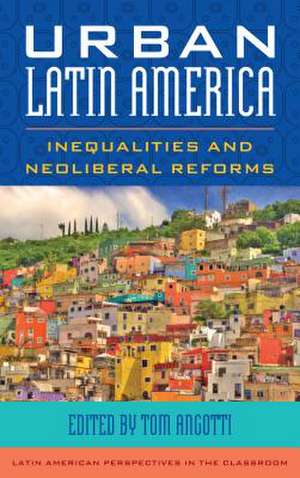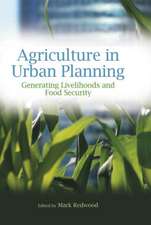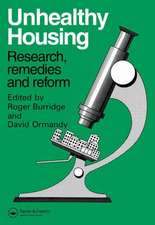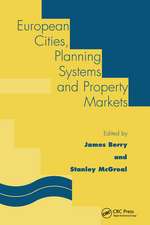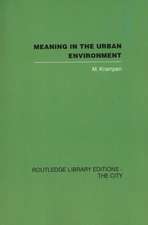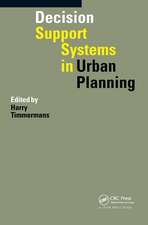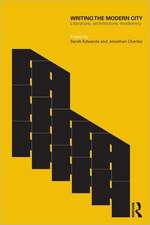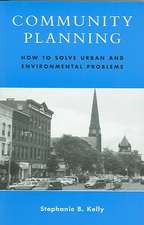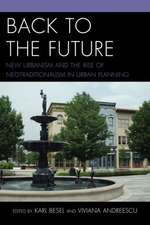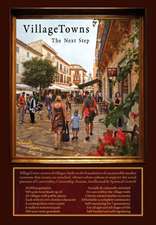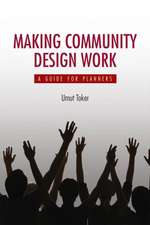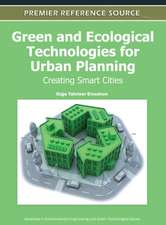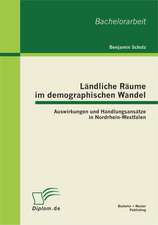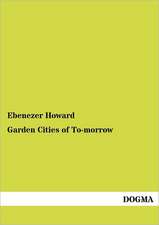Urban Latin America: Latin American Perspectives in the Classroom
en Limba Engleză Paperback – 17 aug 2017
| Toate formatele și edițiile | Preț | Express |
|---|---|---|
| Paperback (1) | 369.37 lei 43-57 zile | |
| Rowman & Littlefield – 17 aug 2017 | 369.37 lei 43-57 zile | |
| Hardback (1) | 680.18 lei 43-57 zile | |
| Rowman & Littlefield – 24 aug 2017 | 680.18 lei 43-57 zile |
Preț: 369.37 lei
Nou
Puncte Express: 554
Preț estimativ în valută:
70.68€ • 73.99$ • 58.48£
70.68€ • 73.99$ • 58.48£
Carte tipărită la comandă
Livrare economică 07-21 aprilie
Preluare comenzi: 021 569.72.76
Specificații
ISBN-13: 9781442274488
ISBN-10: 1442274484
Pagini: 272
Dimensiuni: 152 x 229 x 17 mm
Greutate: 0.41 kg
Editura: Rowman & Littlefield
Seria Latin American Perspectives in the Classroom
ISBN-10: 1442274484
Pagini: 272
Dimensiuni: 152 x 229 x 17 mm
Greutate: 0.41 kg
Editura: Rowman & Littlefield
Seria Latin American Perspectives in the Classroom
Cuprins
Part I: Poverty, Informality, and Peripheral Cities
Chapter 1: Urban Latin America: Periphery, Informality, and Inequality Tom Angotti
Chapter 2: Poverty, Inequality, and Informality in the Latin American City Alan Gilbert
Chapter 3: They Are Not Informal Settlements: They Are Habitats Made by People Lorena Zárate
Chapter 4: The Future of Global Peripheral Cities Erminia Maricato
Part II: The Metropolis in Latin America: São Paulo and Mexico City
Chapter 5: São Paulo: City of Industry, Misery, and Resistance William W. Goldsmith and Rogerio Acca
Chapter 6: Globalization, Governance, and the Collision of Forces in Mexico City¿s Historic Center Diane E. Davis
Part III: Urban Policies, Neoliberal Reforms, and Best Practices
Chapter 7: Failed Markets: The Crisis in the Private Production of Social Housing in Mexico Alfonso Valenzuela Aguilera
Chapter 8: Participatory Budgeting in Latin American Cities Benjamin Goldfrank
Chapter 9: Urban Governance and Economic Development in Medellín: An ¿Urban Miracle¿? Tobias Franz
Chapter 10: Conflict and Convergence between Experts and Citizens: Bogotá¿s TransMilenio Stacey Hunt
Chapter 11: Barra da Tijuca: The Political Economy of a Global Suburb in Rio de Janeiro, Brazil Lawrence A. Herzog
Part IV: Exceptions to the Rules
Chapter 12: Housing and Urban Development in the Cuban Revolution Jill Hamberg
Chapter 13: Uruguay¿s Housing Cooperatives: Alternative to the Private Market Tom Angotti
Part V: Urban Struggles, Citizenship, and Public Space
Chapter 14: Citizenship, Democracy, and Public Space in Latin America Clara Irazábal
Chapter 15: Struggles against Territorial Disqualification: Mobilization for
Dignified Housing and Defense of Heritage in Santiago Nicolás Angelcos and María Luisa Méndez
Chapter 16: ¿We Are Not Marginals¿: The Cultural Politics of Lead Poisoning in Montevideo, Uruguay Daniel Renfrew
References
Notă biografică
Tom Angotti is professor emeritus of urban policy and planning at Hunter College and the graduate center, City University of New York.
Descriere
One of the most urbanized regions of the world, Latin America can only be fully understood by exploring its urban-rural divide, inequalities within urban areas, and the prospects for change. This thoughtful text explores Latin American cities, their history, similarities and differences, and current problems.
